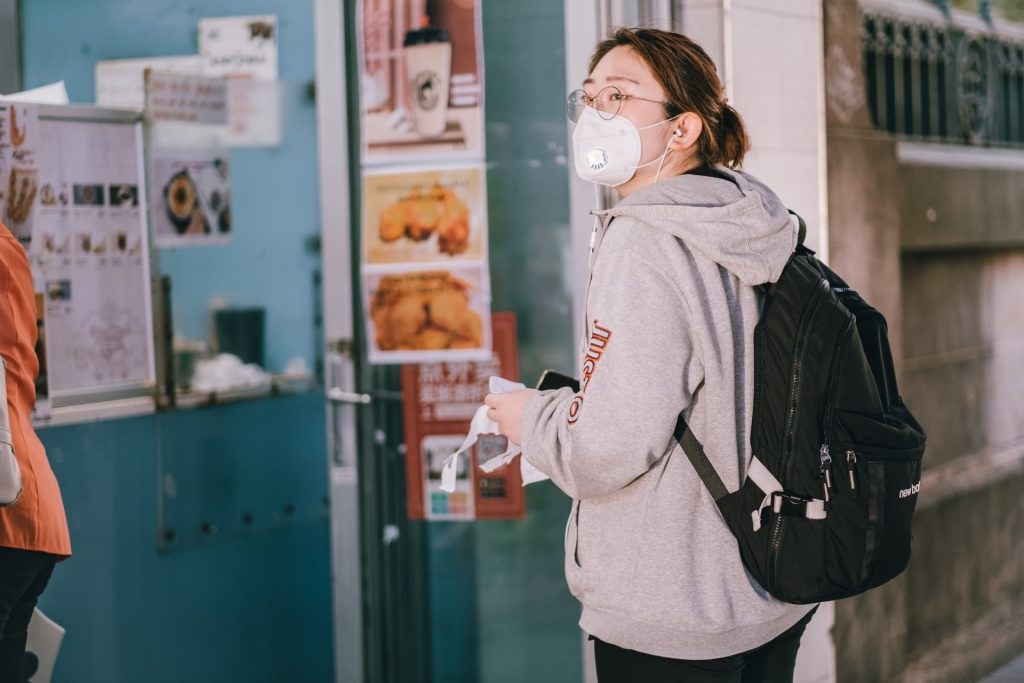After EU Member States had been divided over the necessity of pre-departure testing of travellers coming from China for the past week, an emergency meeting of the Council’s Integrated Political Crisis Response (IPCR) took place yesterday to establish a coordinated approach.
Following the recommendation from the Commission’s Health Security Committee, government officials agreed on the necessity of pre-departure testing of travellers coming from China. The decision was taken in light of the Asian country’s decision to relax its travel restrictions and quarantine rules as of 8 January, despite a rise in the number of Covid-19 cases on its territory.
The Member States agreed on a coordinated precautionary approach in the light of Covid-19 developments in China, especially considering the need for sufficient, reliable data and the easing of travel restrictions by China starting on 8 January 2023.
Swedish Presidency of the Council of the European Union
The IPCR also recommends all passengers on flights to and from China to wear a medical mask or FFP2/N95/KN95 respirators and decided Member States will start issuing advice to incoming and outgoing international travellers coming from or destined for China, as well as to aircraft and airport personnel, regarding personal hygiene and health measures.
Besides the requirement for a negative Covid-19 test taken not more than 48 hours before departure from China, EU states are encouraged to conduct random on arrival testing of passengers and the sequence all positive results to strengthen surveillance of the epidemiological situation. Testing and sequencing of wastewater from airports with international flights and aircraft arriving from China is also strongly recommended.
Lastly, the Council reminds countries to continue to promote vaccine sharing and the uptake of vaccines, including booster doses, among their own citizens, particularly for vulnerable groups.
The council informed that the IPCR, with the support of the European Centre for Disease Prevention and Control (ECDC) and the European External Action Service (EEAS) and taking into account World Health Organisation (WHO) assessments, will continue to monitor the epidemiological situation in the EU and developments in China, including the level of data shared, with a view to ensuring EU coordination of any measures considered necessary. The situation will be reassessed by mid-January.
Before the IPCR meeting, the ECDC released a statement reiterating the lack of scientific evidence for imposing travel restrictions, as there are no new variants in circulating in China and the EU has a high immunity rate. The Centre’s recommendation was to test wastewater from airplanes to sequence virus genomes.
Additionally, officials from China have expressed outrage at the new requirements, calling them political rather than science bases, and promised similar measures in return. “We do not believe the entry restriction measures some countries have taken against China are science-based. Some of these measures are disproportionate and simply unacceptable. We firmly reject using Covid measures for political purposes and will take corresponding measures in response to varying situations based on the principle of reciprocity”, spokesperson for China’s foreign ministry Mao Ning said at a press conference on Tuesday.













